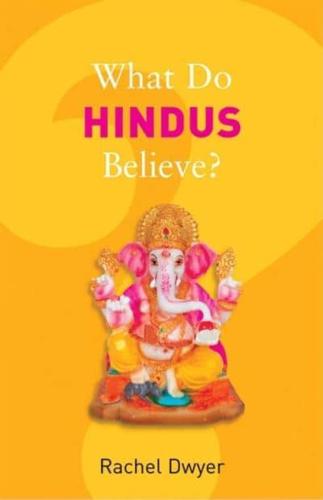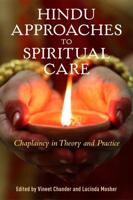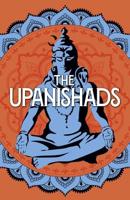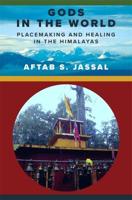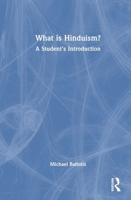Publisher's Synopsis
Hinduism is a much contested term used to describe the religious beliefs and practices of more than 800 million people, most of whom live in India. Yet Hinduism is a religion that lacks a set of core beliefs (there is no founder, no single scripture nor any central organization). The sheer diversity of beliefs (Hindus may be atheists, polytheists and monotheists) and practices that vary across social groups and regions has led some to claim that the term 'Hindu' is almost meaningless. What Do Hindus Believe? argues, however, that there are central threads in this diversity which can be traced through more than three thousand years, from the prehistoric depictions of Hindu deities in the Indus Valley civilization, through classical, medieval and colonial periods. The book's examination of Hinduism in the twenty-first century discusses the rise of Hindutva (or Hindu-nationalism) in India and examines beliefs and practices in the Hindu diaspora, with particular emphasis on Britain. The book also examines the depictions in the media of Hindu beliefs and practices ('religious soap operas', such as the Mahabharata and the Ramayana; religious ceremonies and miracles in popular cinema) and looks at the significance of media (the Internet, satellite and cable television) in connecting the Hindu diaspora to India. The concluding chapter also discusses some of the cults which have become popular in the west, notably those based around spiritual teachers or gurus.
